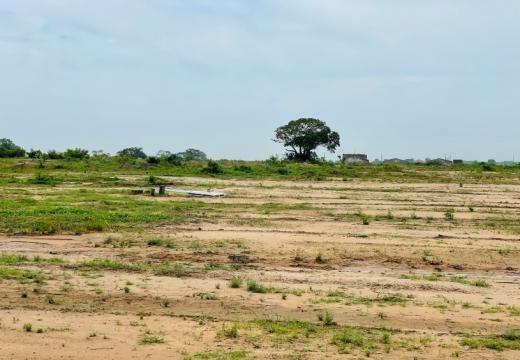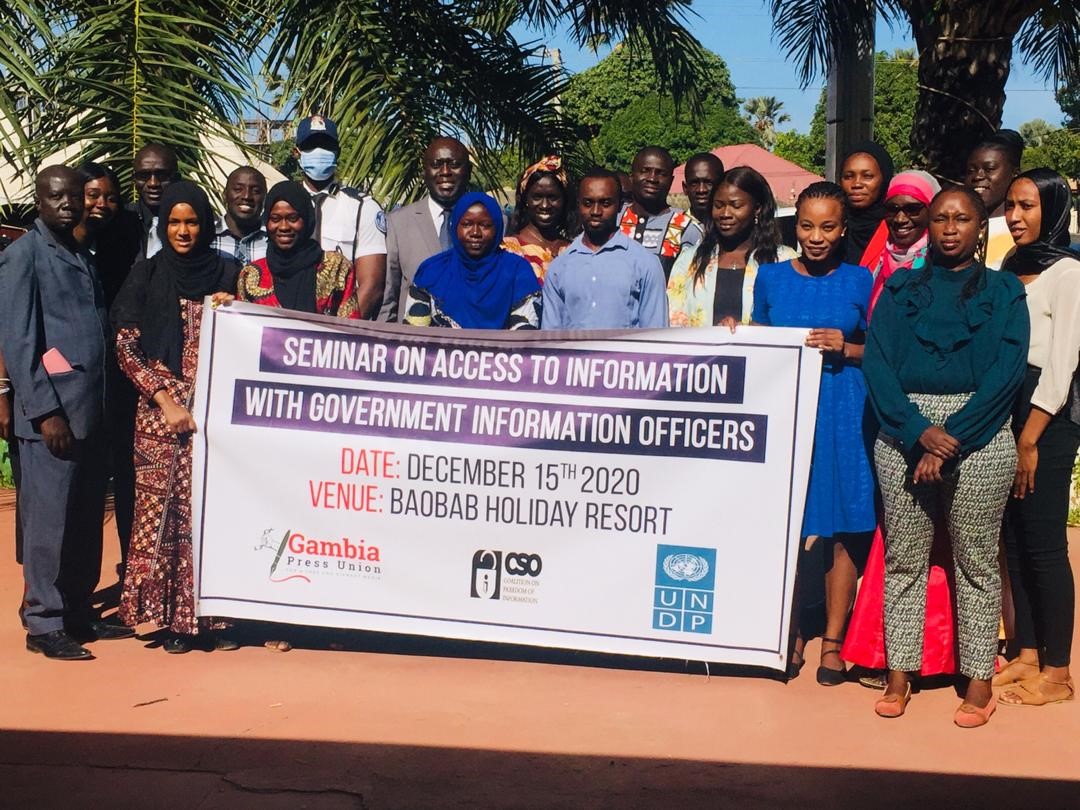By Binta Jaiteh
The Ministry of Health in collaboration with World Health Organization has commemorated the world anti biotic awareness week under the theme Spread Awareness, Stop Resistance and Calls on one Health stakeholders.
The awareness week celebration was commemorated at Senegambia Beach Hotel.
Speaking at the opening, Desta Torino representative of WHO said: “Antimicrobial resistance (AMR) is a global health and development threat. WHO has that AMR is one of the top global public health threats facing humanity.
According to him, the main drivers in the development of drug-resistance pathogens is the misuse and overuse of antimicrobials and lack of access to clean water and sanitation in health care facilities (WASH), farms and community setting are inadequate infection prevention and control promotes the emergence spread of dug resistance.
“Without effective antimicrobial the success of modern medicine in treating infections including during major surgery and cancer chemotherapy would be at increased risk. In the WHO African Region including the Gambia more than half of all deaths are caused by communicable diseases that are treated by antimicrobials. The threat of resistance therefore puts risk decades of progress in controlling malaria, HIV/AIDS, tuberculosis and sexually transmitted infections among others,” he stated.
Mr Torino added that the “World Antimicrobial Awareness Week (WAAW) is celebrated from 18-24 November 24 every year and the 2021 theme is Spread Awareness, Stop Resistance, Call on One Health stakeholders’ policymakers, health care providers and the general public to be Antimicrobial Resistance (AMR) Awareness champions.”
He said the government partners and the private sectors can work together by investing in water, sanitation and hygiene infrastructure and limiting the use of antibiotics in livestock to be Antimicrobial Resistance Awareness champion bacterial infections are also present.
However, recent studies suggest that 72% of hospitalized COVID-19 patients received antimicrobial but only 8% had infections that can treated with these medicines. WHO remains committed to supporting the Ministry of Health and its partners via the one-health platform to build a robust National AMR surveillance system in the Gambia, misuse and abuse of antimicrobials puts us all at risk, so let us do our best to protect these lifesaving medicines, he urged everyone.
Karamba Tamba, DPS also said the term is referred to agents that kill, prevent or stop the growth of antimicrobial in humans, animals and plants including antibiotic, anti-viral, anti-fungal and antiprotozoal medicines.
“In human the therapeutic use of anti-infective has revolutionized the management of most bacterial infection. Meanwhile, many parasites and fungal diseases as well as viral infections as a country some of the improvement we have made in strengthening of both the legislative and regulatory framework setting. Multi-sectorial AMR coordinating committee and a surveillance system which is able to test of multi-drug resistance,” he explained.





